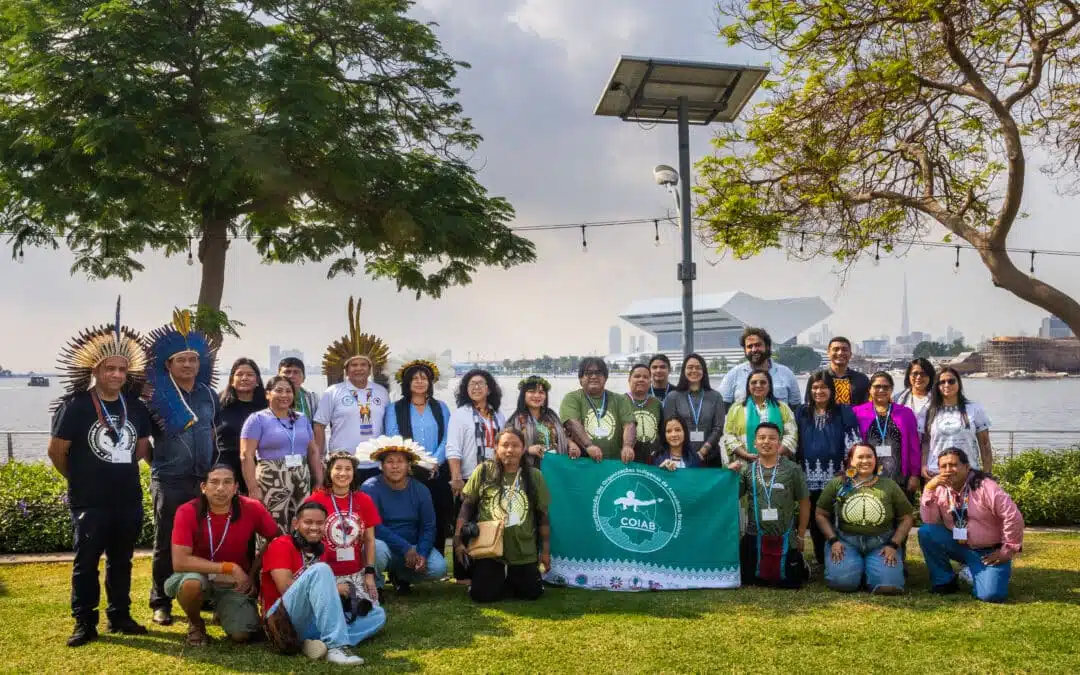Lula enacts a law that promotes the use of biofuels in Brazil

The president of Brazil, Luiz Inácio Lula da Silva, has taken a significant step towards energy sustainability by enacting a new law that encourages the use of biofuels in the country. This legislation, known as the Fuel of the Future Law, aims to reduce the dependence on fossil fuels and advance the decarbonization of transportation, highlighting the country’s commitment to fighting climate change.
The president of Brazil, Luiz Inácio Lula da Silva, has recently sanctioned an important law to promote the use of biofuels, aiming to advance the decarbonization of transportation and address the challenges of climate change. This legislation seeks to reduce dependence on fossil fuels and establish Brazil as a leader in the use of sustainable energy sources.
Context of the law
The Fuel of the Future Law has been presented as a response to the urgent need to mitigate the environmental impact of transportation in the country. With prior approval in Congress in September, this new regulation seeks to facilitate a shift towards cleaner and more sustainable fuels, such as ethanol and biodiesel.
Objectives of the new regulation
The law establishes programs that promote the production and use of biofuels, increasing the blends of ethanol in gasoline and biodiesel in diesel. It is expected that these measures will prevent the emission of 705 million tons of carbon dioxide by 2037, thus significantly contributing to the reduction of global warming.
Promotion of sustainable alternatives
In addition to promoting ethanol and biodiesel, the law also encourages the use of biomethane instead of natural gas and promotes the development of sustainable aviation fuels (SAF), with the goal of reducing emissions by 10% on domestic flights by 2037.
Regulatory advances and sustainability
The creation of a regulatory framework for carbon capture and storage is another of the innovations introduced by this law. Government officials have highlighted that never before has there been work on a project of such magnitude addressing the decarbonization of sectors that significantly contribute to pollution.
Commitment to the environment
The recent legislation reaffirms Brazil’s commitment to protecting the environment and sustainability. Since his return to power, Lula has emphasized the importance of positioning the country as a leader in the global debate on climate change. This approach was reflected in the reduction of deforestation in the Amazon over the past year.
Biofuel production in Brazil
Brazil, being the largest economy in Latin America and one of the world’s leading oil producers, also seeks to diversify its energy matrix through biofuels. Despite criticism from environmental organizations, the government continues to support these alternatives as a fundamental pillar for its energy policy.
In summary, the enactment of the law promoting the use of biofuels lays the groundwork for a profound energy change in Brazil, promoting not only sustainability but also innovation in the energy sector.
The recent enactment of the Fuel of the Future Law by the president of Brazil, Luiz Inácio Lula da Silva, represents a significant step towards the country’s energy sustainability. This legislation aims to primarily promote the use of biofuels, such as ethanol and biodiesel, seeking to reduce dependence on fossil hydrocarbons, which are one of the main sources of environmental pollution.
Brazil, considered one of the leaders in biofuel production due to its vast biodiversity and agricultural capacity, positions itself as a global reference in the energy revolution. The law establishes national programs aimed at increasing the blend of biofuels in gasoline and diesel, while promoting the use of biomethane and sustainable aviation fuel. These initiatives contribute not only to the reduction of carbon dioxide emissions but also to the creation of a more sustainable market.
The regulation anticipates a reduction of up to 705 million tons of carbon dioxide in the coming years, thus underscoring the importance of this law in the fight against climate change. The implementation of the law will also promote job creation and strengthen local economies by incentivizing the production of renewable energies.
The regulatory framework now being established in Brazil not only addresses the country’s energy needs but also seeks to fulfill international commitments concerning sustainability. The direction taken by the legislation is a clear indication of Brazil’s commitment to decarbonization and environmental protection, laying the foundations for a cleaner and more sustainable future.
